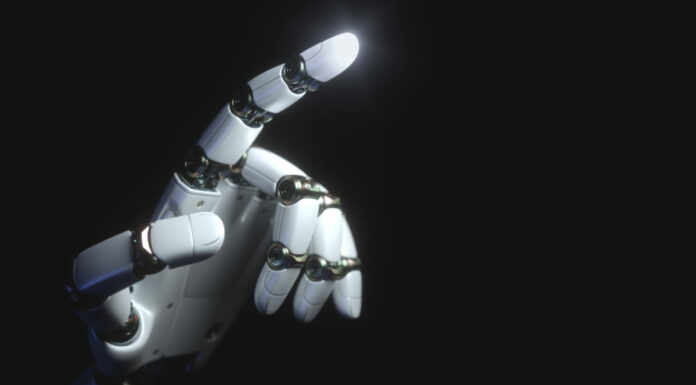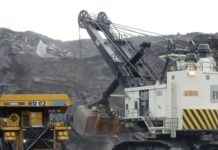
THE rise of artificial intelligence will contribute towards a looming supply deficit in copper, said the Financial Times citing comments by BHP’s CFO Vandita Pant.
AI and data centres, which will require more energy intensive computing, could boost global copper demand by 3.4 million tons by 2050, said the newspaper.
“Today, data centres are less than one percent of copper demand, but that is expected to be six and seven percent by 2050,” Pant told the newspaper.
“There is a lot of copper in data centres.” BHP, the world’s largest mining company by market capitalisation, expects global copper demand will rise to 52.5m tons a year by 2050, up from 30.4m tons in 2021 — a 72% increase, said the newspaper.
BHP has near term copper production growth but it is chasing down fresh resources in order to establish a major piece of market share in the metal. Earlier this year, it sought to buy Anglo American for its 500,000 tons a year of production. Last month it bought Filo Corporation in joint venture with Canada’s Lundin Mining.
Copper is used in a range of industries and products needed to meet net zero targets, including power cables, electric vehicles and solar farms. Many analysts expect a global copper shortfall in the medium to long term, said the Financial Times.
Data centres are expected to exacerbate this shortage in the shift to accommodate AI applications, which use more energy-intensive chips and increase energy needs, it said.
“Data centres themselves are becoming incrementally less copper intensive, but getting the electricity to them, that is copper intensive,” said Colin Hamilton, commodities analyst at BMO Capital Markets.










